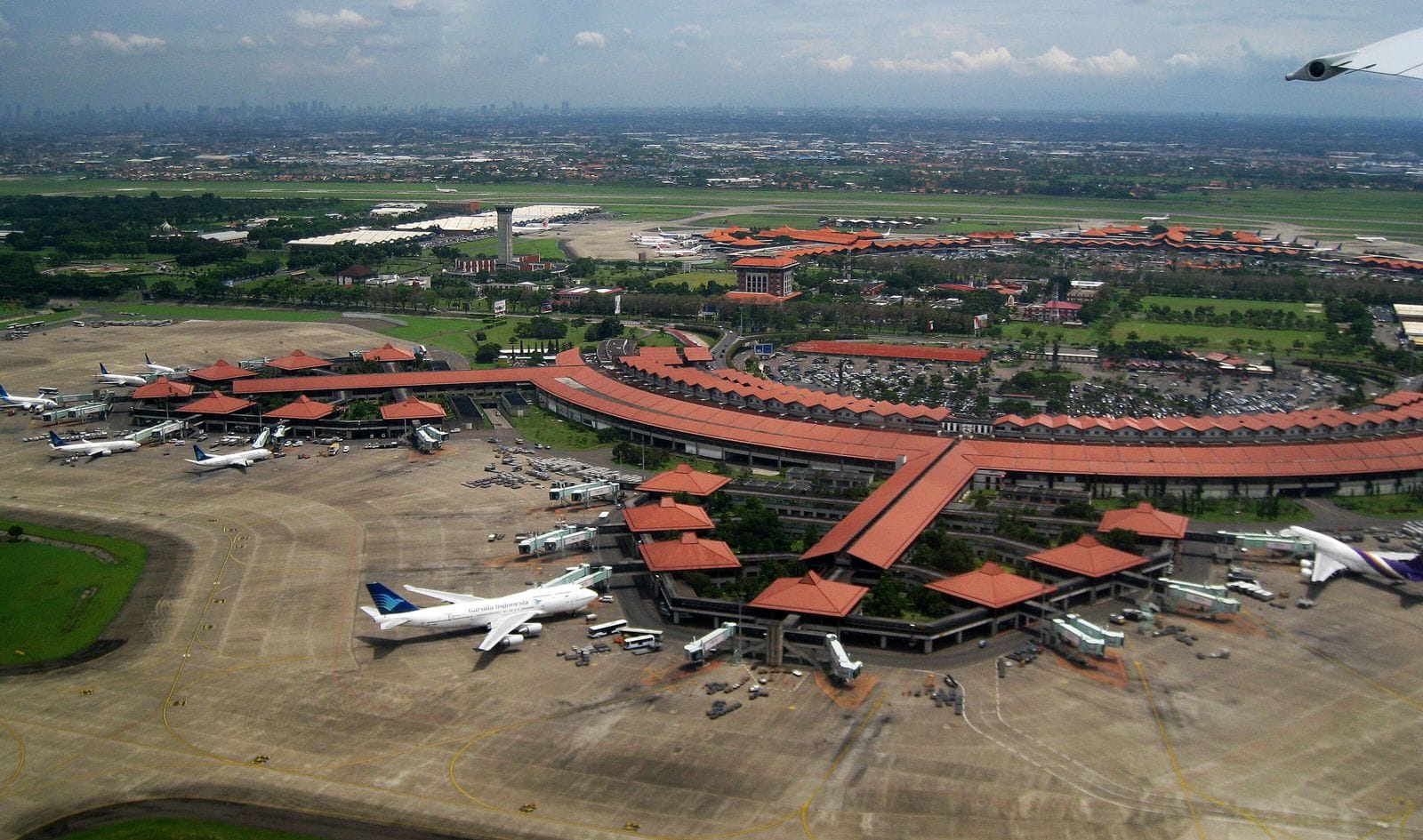Indonesia’s Aviation Industry: A Skyward Ascent
Leading carriers such as Garuda Indonesia and Lion Air have played pivotal roles in enhancing the fascets of the Indonesian aviation industry

Indonesia, the world's largest archipelago, is undergoing a remarkable evolution in its aviation sector. Spanning over 17,000 islands across 5,150 kilometers, air travel has become indispensable to the nation's infrastructure.
This distinctive geographical makeup, combined with the burgeoning middle class and their increasing incomes, has propelled Indonesia's aviation industry into one of the fastest-growing globally.
Indonesia Aviation: A Thriving Market
Indonesia ranks as the second-fastest-growing aviation market worldwide, trailing only behind China, in terms of aircraft acquisitions and trade value. Projections from the International Air Transport Association (IATA) indicate that by 2034, Indonesia will emerge as the sixth-largest air transport market globally. This growth trajectory is unsurprising, given that air travel stands as the most efficient and often sole feasible mode of transport across Indonesia's expansive archipelago.
The Significance of Efficient Air Travel
Efficiency in air travel transcends mere speed; it encompasses connectivity and accessibility. Leading Indonesian carriers such as Garuda Indonesia and Lion Air have played pivotal roles in enhancing these facets. They offer extensive domestic networks and operate flights to various international destinations, delivering passengers a seamless and comfortable travel experience.
Furthermore, the emergence of low-cost carriers like AirAsia Indonesia has democratized air travel, extending its accessibility to a broader segment of the populace. These airlines prioritize customer satisfaction by offering competitive fares, dependable service, and innovative booking platforms.
Challenges and Prospects
Despite its impressive growth, the Indonesian aviation sector encounters several challenges. Infrastructure development has not kept pace with the industry's rapid expansion. Nonetheless, these hurdles also present substantial opportunities. The imperative for enhanced infrastructure and optimized human resource management to meet market demands creates avenues for investment and innovation.
Read More WF

The Indonesian government acknowledges the pivotal role of the aviation sector in the nation's economic progress. Initiatives are underway to upgrade airport facilities, elevate safety standards, and foster responsible tourism. These endeavors, in conjunction with the industry's inherent growth prospects, paint a promising picture for the future of Indonesia's aviation sector.
Indonesia's aviation industry stands at a pivotal juncture. As the nation leverages its unique geographical advantage and addresses the escalating demand for efficient air travel, the possibilities are boundless. The road ahead may be fraught with challenges, yet within every challenge lies an opportunity for advancement and innovation. History attests that Indonesia's aviation sector is well-equipped to soar to new heights.
Ultimately, the success of Indonesia's aviation industry epitomizes the country's resilience and adaptability. It narrates a tale of how a nation transforms its geographical constraints into an advantage, thereby cultivating an industry that transcends mere transportation to become a driving force for economic advancement and prosperity.


